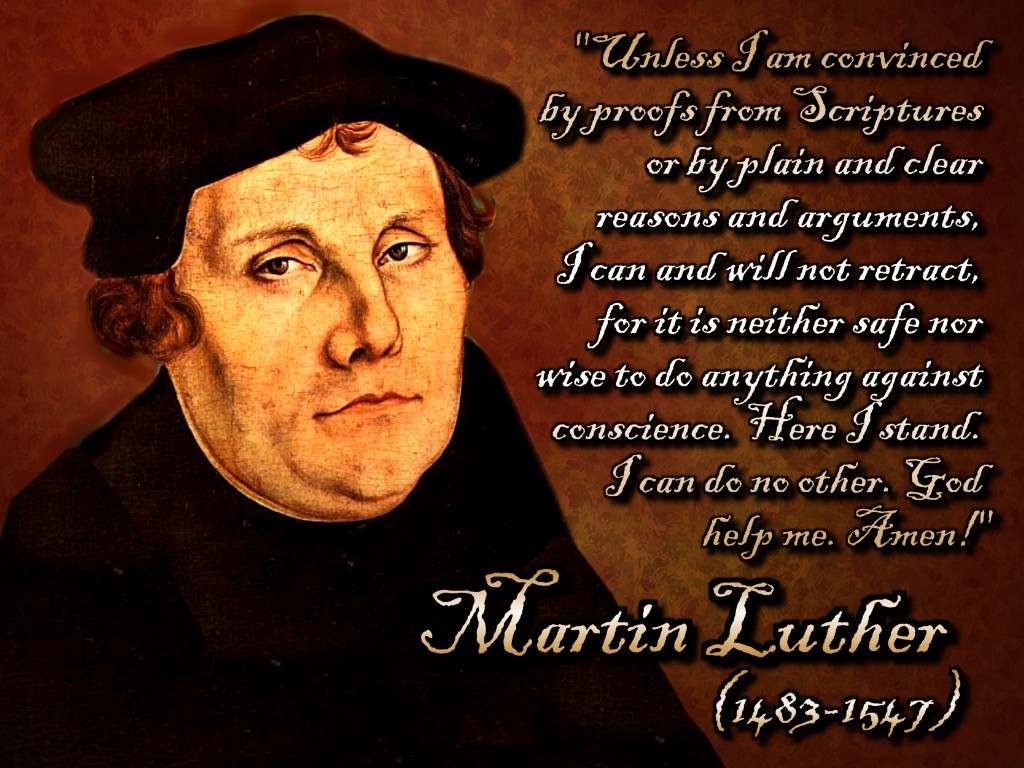We have been going over the sermon on 1 Corinthians 13 that Luther preached sometime around 1521. They are called part of the church postil sermons and I think they are fascinating. Luther preached this the Sunday before Lent when people were getting ready to do all kinds of penitence etc. There will be more on the nature of love. Good stuff in this sermon about mercy, and lor life of mercy.
“And if I bestow all my goods to feed the poor.”
In other words, “Were I to perform all the good works on earth and yet had not charity- having sought therein only my own honor and profit and not my neighbor’s–I would nevertheless be lost.” In the performance of external works so great as the surrender of property and life, Paul includes all works possible of performance, for he who would at all do these, would do any work. Just so, when he has reference to tongues he includes all good words and doctrines; and in prophecy, understanding and faith he comprises all wisdom and knowledge. Some may risk body and property for the sake of temporal glory. So Romans and pagans have done; but as love was lacking and they sought only their own interests, they practically gave nothing. It being generally impossible for men to give away all their property, and their bodies to be burned, the meaning must “Were it possible for me to give all my goods to the poor, and my body to be burned.”
The false reasoning of the sophists will not stand when they maliciously deduct from this text the theory that the Christian faith is not effectual to blot out sin and to justify. They say that before faith can justify it must be garnished with love; but justification and its distinctive qualities as well are beyond their ken. Justification of necessity precedes love. One does not love until he has become godly and righteous. Love does not make us godly, but when one has become godly love is the result. Faith, the Spirit and justification have love as effect and fruitage, and not as mere ornament and supplement. We maintain that faith alone justifies and saves. But that we may not deceive ourselves and put our trust in a false faith, God requires love from us as the evidence of our faith, so that we may be sure of our faith being real faith.


